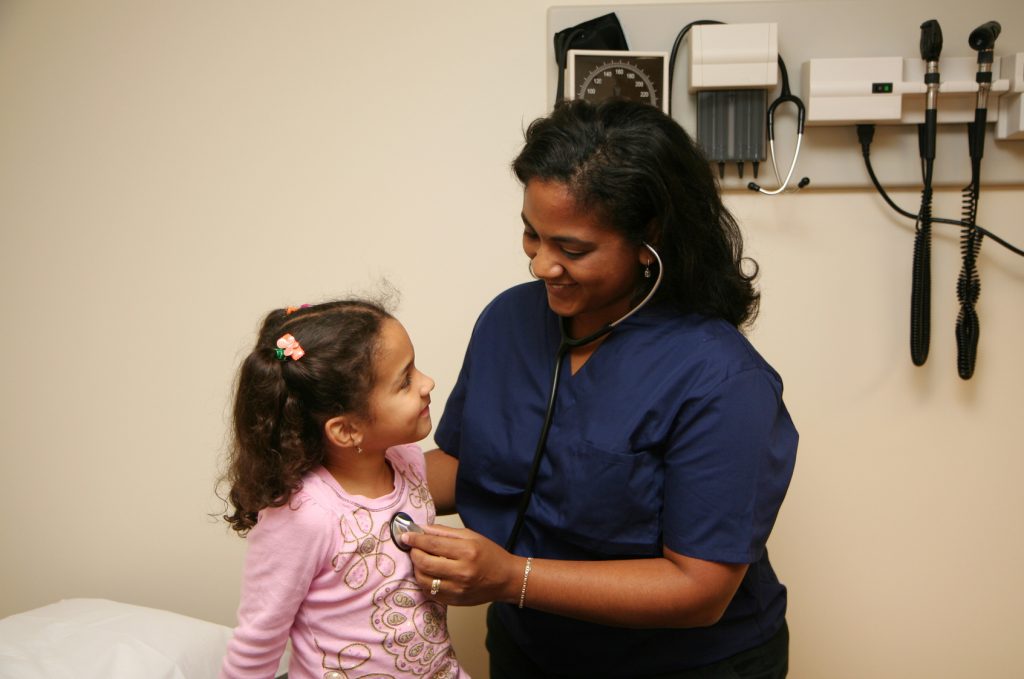Nurses
CategoryDefining Nursing Career Success on Your Own Terms
Your definition of a successful nursing career may look vastly different than that of your fellow nurses, and that is okay, because career success is a personal thing.
When Nurses Receive Their Due
Athletes and entertainers rake in millions—multimillions, actually—while those who save lives, such as nurses, struggle to make ends meet, put food on the table, and repay their student loans.
Summer Reading for the Stressed Out Healthcare Practitioner
There is no time like the present to start practicing self care, and Debut A New You, a new book by Mimi Secor, is a fantastic place to begin.
10 Interview Tips for Nurses
Interviewing for a new nursing job? Here are 10 tips to help you make sure you are well-prepared and set up for success on the big day.
One Nurse’s Take On Travel Nursing
Jennifer Corona, BSN, RN, CCRN, sat down for an interview with us to offer some insight into the trials and triumphs of her experience with travel nursing.
Should I Quit This Darn Nursing Job?
Have you ever wondered when it’s time to quit your nursing job and move on? Are you stuck in a job, uncertain where to go next as a nurse? Or do you just need a change of scenery?
Travel Nursing: The Answer to Curing Nurse Burnout?
Burnout remains a common problem within nursing. Is travel nursing the cure?
One Nurse Per 4,000 Pupils = Not The Healthiest Arrangement
School nurse shortages have been reported in recent years in California, Oregon, Idaho, Utah, Montana, Colorado, North Dakota, Oklahoma, Illinois, Wisconsin, Michigan, Ohio, and Florida.
Jump Aboard the Nurse Wellness Express
Nurses are renowned for not taking good care of themselves, ostensibly because they’re so busy taking care of others and living the lives of the saints that they are perceived to be.
Study: Nursing Workforce Is More Diverse, Educated and Male than Before
There is increased diversity in gender and race/ethnicity within the nursing workforce, according to a new study.





